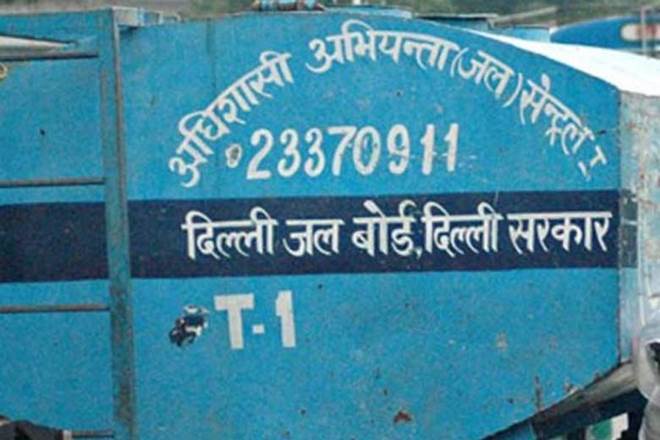Water price in Delhi is likely to be increased. It has been learnt that tariff may be hiked by 20 percent and the decision was taken at the Delhi Jal Board Meet, according to reports. As of now 20000 litres are free for residents of Delhi. The DJB will not charge households consuming up to 20,000 litres a month, in line with the subsidy scheme of the Arvind Kejriwal government, which was a key poll promise of the Aam Aadmi Party (AAP), an official said. The new rates will come into force in February, 2018.
In 2015, days after coming to power, the AAP government had hiked water tariff by 10 per cent for consumers falling in the same category, keeping with an annual automatic 10 per cent rate hike mechanism put in place by the Sheila Dikshit government in 2009.
However, in 2016, the government decided against following the auto mechanism and put another hike on hold.
The current hike comes three months after Kejriwal took over the ministerial portfolio of water after the removal of Kapil Mishra.
It will effectively lead to a rise of Rs 28 per month for consumers crossing the 20,000 litres limit, DJB vice chairman Dinesh Mohaniya, who is the AAP MLA from Sangam Vihar, said.
“No change in water tariff in Delhi for households using up to 20,000 litres per month for third consecutive year. Above 20,000 litres, a 20 per cent combined hike on water and sewer charges approved in the Delhi Jal Board meeting,” Delhi government spokesperson Nagendar Sharma tweeted.
The DJB has been providing up to 20,000 litres of water free of charge to domestic consumers.
For domestic users who consume between 20,000 litres and 30,000 litres of water per month, the service charge is Rs 219.62 and the volumetric charge is Rs 21.97 per 1,000 litres.
Customers who use over 30,000 litres a month pay Rs 292.82 in service charge and Rs 36.61 per 1,000 litres in volumetric charge.
Earlier, the Delhi Jal Board had removed the cap of ten water connections per residential multi-storey building. Until now, buildings with more than 10 flats were provided a bulk water connection and were required to have an underground tank. “There are several building in Delhi which have more than 10-flats and thus it was decided to do away with the cap to make every resident get a legal connection irrespective of the number of flats and connections in the building,” said a senior government official. In its 132nd meeting, the Delhi Jal Board (DJB) also approved setting up of 93 decentralised Sewage Treatment Plants (STPs), and Rs 10 lakh compensation to kin of victims of sewer deaths since 1993, the official said. In-principle approval has been granted by the board to set up 348 Mohalla Clinics at DJB locations, he added.


